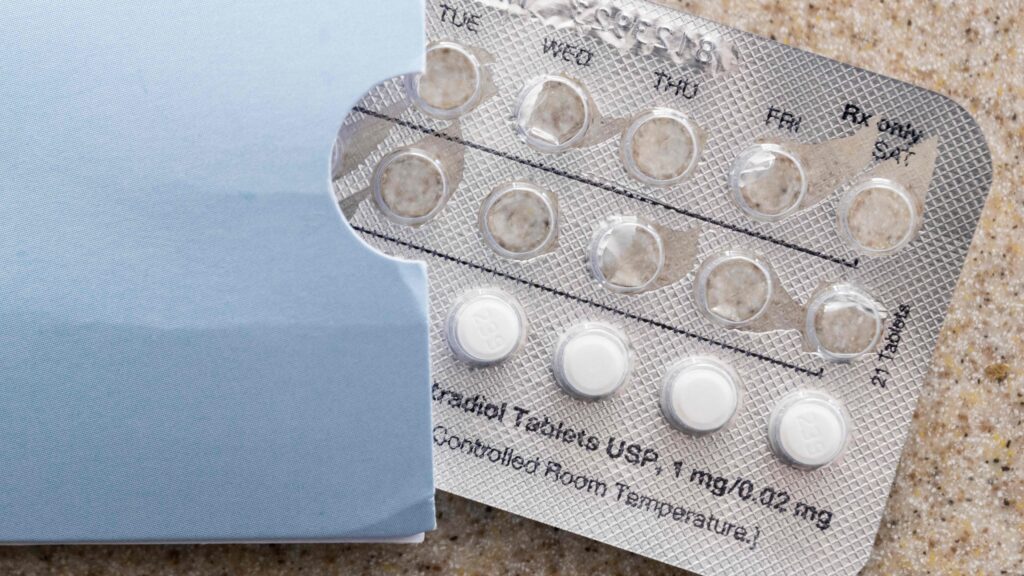In a highly anticipated move, the U.S. Food and Drug Administration approved the first over-the-counter birth control pill, a decision that could transform the way contraception is delivered in the United States.
For the first time, people will now be able to readily purchase birth control online and at pharmacies, convenience stores, and groceries without a prescription, a requirement that has been seen as a hurdle to greater access to contraception. Called the Opill, it is expected to become available in the first quarter of 2024, but the pricing has not yet been disclosed by Perrigo, the company that manufactures the pill.
advertisement
The FDA endorsement comes amid growing support for an over-the-counter birth control pill to lower the high rate of unintended pregnancies, which have been linked to negative outcomes that affects mothers and babies. In announcing its decision, the agency noted that almost half of the 6.1 million pregnancies in the U.S. each year are unintended. Many patients are unable to get timely appointments for birth-control prescriptions, according to physicians. One-third of women who used oral contraceptives missed a dose because they could not obtain it in time, according to survey conducted last year by KFF.
Many medical organizations — including the American Medical Association American College of Obstetricians and Gynecologists, and the Society for Adolescent Health and Medicine — have supported making birth control pills available over the counter.
“Today, we made history,” said Kelly Blanchard, president of Ibis Reproductive Health, an advocacy group that helped form Free the Pill, a coalition of more than 200 organizations. “Amid nationwide attacks on reproductive rights, we celebrate this victory for equity, evidence-based research, and reproductive freedom.”
advertisement
The pill contains only progestin, which makes it a safer option compared with combination pills that contain both progestin and estrogen. Women with more medical conditions would be precluded from taking combination pills, which can cause depression, among other things. But progestin-only pills have downsides, including reduced effectiveness if they are not taken at the same time daily.
The move came after an FDA advisory panel unanimously voted two months ago to recommend the pill be available over the counter. The panel weighed data and analyses to assess whether the pill — which was first approved as a prescription medicine decades ago — would be safe, effective and, importantly, easy for women of all ages to use appropriately.
“If available equitably – meaning that they are priced affordably and fully covered by insurance – over-the-counter birth control pills will be a game-changer for communities impacted by systemic health inequities. We’re one step closer to ensuring contraceptive access is a reality for all,” said Daniel Grossman, a professor of obstetrics and gynecology, and reproductive sciences at the University of California, San Francisco, who has studied birth control and abortion pills.

